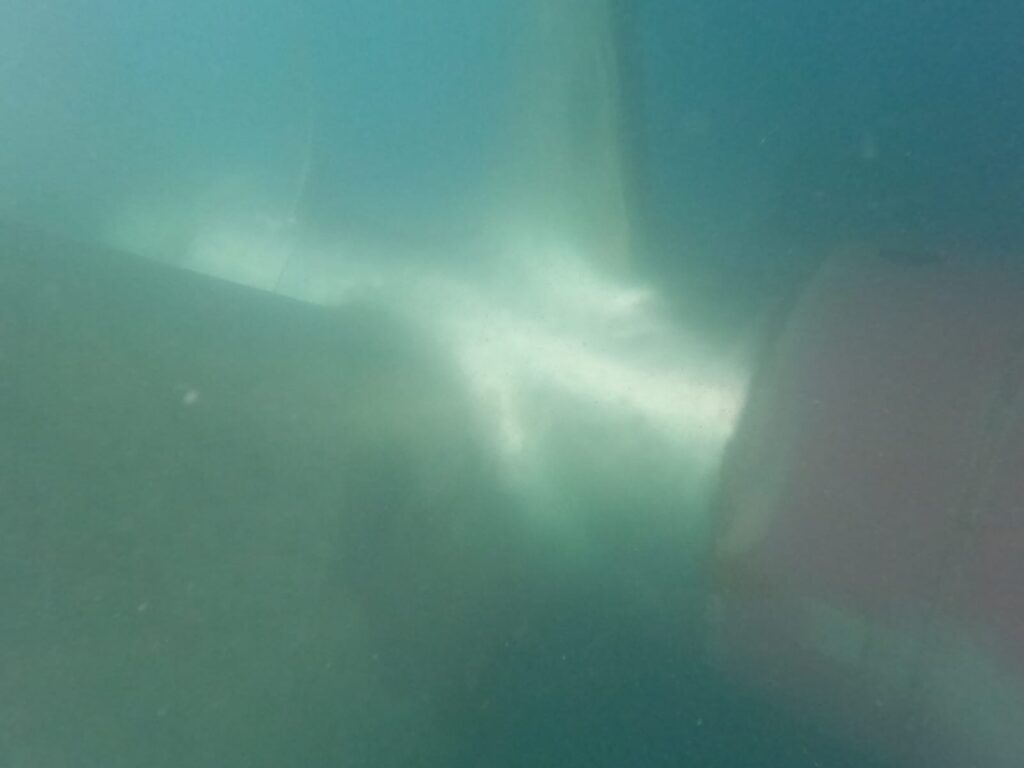Introduction:
Ship propellers are essential components in maritime transportation, propelling vessels across vast oceans and waterways. Over time, these propellers can accumulate marine growth such as barnacles, algae, and rust, diminishing their efficiency and performance. Ship propeller cleaning and polishing are vital maintenance practices aimed at restoring optimal functionality and ensuring smooth sailing for vessels.
Importance of Propeller Maintenance:
Efficient propulsion is crucial for ships to maintain their schedules, reduce fuel consumption, and minimize emissions. However, fouled propellers increase hydrodynamic drag, leading to decreased speed, increased fuel consumption, and higher operating costs. Moreover, unattended marine growth can cause cavitation, erosion, and structural damage to propeller blades, further compromising their effectiveness.
Propeller Cleaning Techniques:
Various techniques are employed for cleaning ship propellers, depending on the extent of fouling and operational requirements. Mechanical methods such as scraping, brushing, and water blasting are effective for removing heavy marine growth. Additionally, chemical treatments utilizing environmentally friendly solutions can dissolve organic fouling without harming the propeller or the marine ecosystem.
Polishing for Performance Enhancement:
After cleaning, propellers undergo polishing to restore their smooth surface finish. Polishing eliminates surface irregularities and imperfections, reducing frictional resistance and improving hydrodynamic efficiency. This process involves abrasive compounds and specialized equipment to achieve the desired surface smoothness, ensuring optimal performance during operation.
Benefits of Regular Maintenance:
Regular propeller cleaning and polishing offer numerous benefits to shipowners and operators. Firstly, it enhances fuel efficiency, resulting in significant cost savings over the vessel’s operational lifespan. Secondly, it reduces greenhouse gas emissions, contributing to environmental sustainability and regulatory compliance. Moreover, maintaining clean and polished propellers extends their service life, minimizing the need for costly repairs or replacements.
Technological Advancements:
Advancements in technology have revolutionized propeller maintenance practices. Innovations such as underwater drones equipped with cleaning tools and remote-operated vehicles (ROVs) enable efficient cleaning and inspection of propellers without dry docking. Furthermore, advanced coatings and materials are being developed to mitigate fouling and corrosion, prolonging intervals between maintenance cycles.
Conclusion:
Ship propeller cleaning and polishing are indispensable maintenance procedures essential for ensuring optimal performance, efficiency, and sustainability in maritime transportation. By adopting proactive maintenance strategies and leveraging technological innovations, ship operators can maximize the lifespan of their vessels, reduce operational costs, and minimize environmental impact. Embracing these practices underscores the maritime industry’s commitment to efficiency, safety, and environmental stewardship on the high seas.
Before and After Photos





